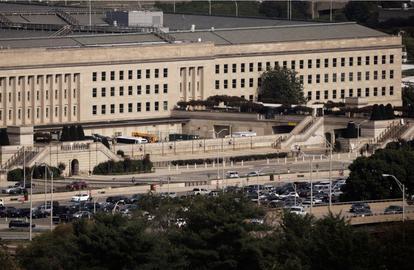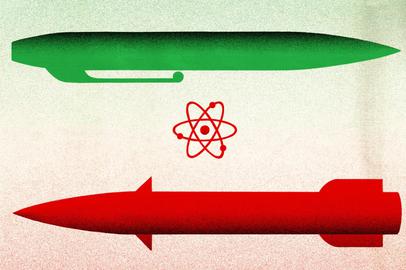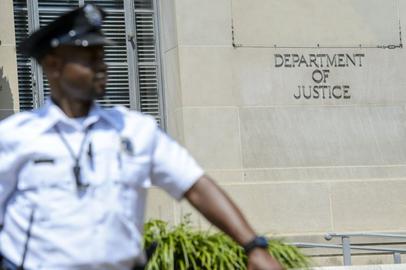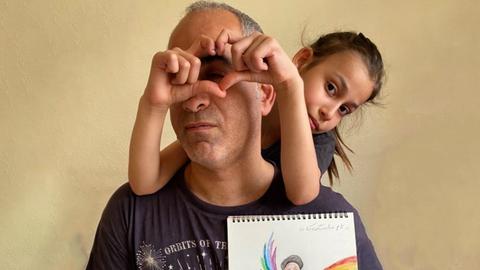The warning signs that Israel’s war with Hamas may become a wider Middle East conflagration are flashing ominously, the Economist newspaper writes.
America has sent a second carrier strike group led by the uss Eisenhower to the Persian Gulf. “There’s a likelihood of escalation,” said Antony Blinken, the American secretary of state, on October 22nd. The chances of further attacks by Iranian proxies on American forces are growing, he continued: “We don’t want to see a second or third front develop."
Fears are also growing in Lebanon that Israel could use America’s cover to launch a pre-emptive strike. Israel has evacuated its towns near the border with Lebanon and Binyamin Netanyahu, Israel’s prime minister, has cautioned that if Hizbullah, an Iran-backed militia in Lebanon, enters the fighting, the consequences for Lebanon will be devastating. One reason Israel has delayed its offensive in Gaza may be to bolster its preparations for escalation on its northern front. Iran’s foreign minister has said the region is like a “powder keg”.
Iran’s autocratic rulers hold one of the matches that could set it alight: an “axis of resistance”, or network of violent proxies across the region. They have spent two decades building this up in Iraq, Lebanon, Syria and Yemen. Iran preys on places where the local polity is weak, where it is easy to funnel in personnel and weapons and where no external actor can challenge it, according to the International Institute for Strategic Studies, a think-tank based in London. Iran’s ability to cause mayhem at arm’s length—through Hamas, Hizbullah, Iraq’s plethora of Shia militias and Yemen’s Houthis—may even give it more leverage than its conventional military capabilities, which are relatively weak.
Iran’s goal right now, as it has been over the past decade, is not to provoke outright war with the West and its allies but to sow uncertainty and instability. Just as it has hovered on the threshold of becoming a nuclear power, so it maintains strategic ambiguity with the axis. It denies it is in charge while supplying armed groups like the Houthis with arms, giving them training and using them as fronts to conduct attacks, such as a missile strike on Saudi Aramco in 2019 which temporarily shuttered 5% of global oil production. The purpose is to intimidate while complicating the West’s calculus. That strategy pleases Iran’s ever-closer friend, Russia. Similarly isolated from the West, it engages in weapons trade and sanctions-busting with the Islamic republic: think of Iranian-designed Shahed-136 kamikaze drones killing Ukrainians.
The present crisis shows the opportunities and problems of Iran’s approach. It has long sponsored Hamas but did not appear to know in advance about its attack on Israel on October 7th, according to Western officials familiar with the matter. Yet it has sought to capitalise on Hamas’s atrocities and mobilise the axis of resistance. Hizbullah and Israel have exchanged fire, with the explicit support of Iran and America, respectively. As many as 19 of Hizbullah’s fighters have been killed. The Houthis, who control Yemen’s capital, have launched three medium-range cruise missiles, recently acquired from Iran, and a number of drones towards Eilat, Israel’s port city (they were intercepted by an American destroyer). And Iranian-backed Shia militias in Syria and Iraq have broadened the struggle by repeatedly targeting bases housing American troops with rockets and drones (America has drawn down its diplomatic presence in Iraq as a result).
Read the full article here.
visit the accountability section
In this section of Iran Wire, you can contact the officials and launch your campaign for various problems




















comments